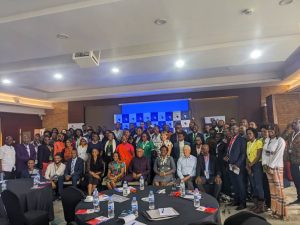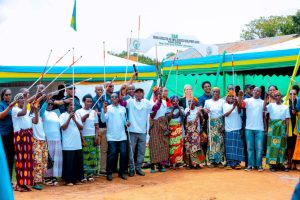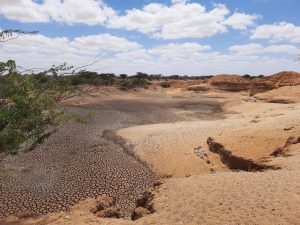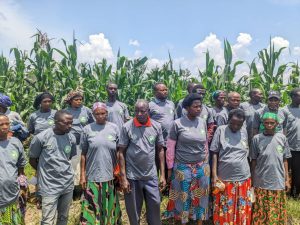African Nations Urged to Strengthen Health Financing Amid Sharp Aid Decline
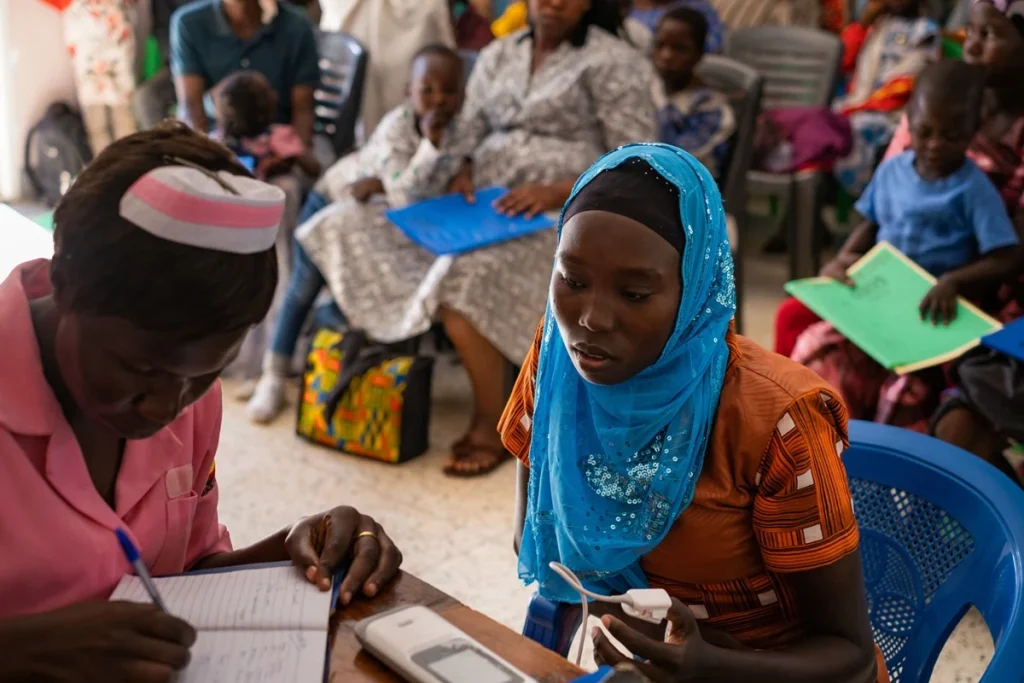
The World Health Organization (WHO) has released new guidance to help countries respond to sharp reductions in external health funding that are disrupting essential services across low- and middle-income nations.
The new report, Responding to the Health Financing Emergency: Immediate Measures and Longer-Term Shifts, outlines strategies for governments to mitigate the impact of funding shocks and strengthen sustainable domestic financing for health systems.
According to WHO, external aid for health is projected to fall by 30% to 40% in 2025 compared to 2023, with severe consequences for public health programs. Survey data from 108 low- and middle-income countries show that the cuts have slashed critical services such as maternal care, vaccination, emergency preparedness, and disease surveillance by up to 70% in some areas. Over 50 countries have also reported job losses among health workers and disruptions to training programs.
“Sudden and unplanned cuts to aid have hit many countries hard, costing lives and jeopardizing hard-won health gains,” said Dr. Tedros Adhanom Ghebreyesus, WHO Director-General. “But in this crisis lies an opportunity for countries to move toward sustainable self-reliance based on domestic resources.”
Dr. Tedros emphasized that WHO’s new guidance aims to help governments better mobilize, allocate, and prioritize health spending to protect the most vulnerable.
Mounting Pressure on Health Systems
The 2025 funding shortfall comes after years of financial strain fueled by rising debt burdens, inflation, and economic uncertainty, alongside heavy dependence on donor aid. Many health systems now face the dual challenge of maintaining essential services while adapting to a new reality of reduced foreign assistance.
WHO is urging governments to treat health spending not as a cost but as an investment in human capital and economic resilience.
Key Recommendations
The WHO guidance outlines several critical policy measures that countries can adopt to respond to the current funding crisis. It urges governments to prioritize health services that are most accessed by the poorest and most vulnerable populations, while safeguarding national health budgets and essential services from cuts.
To make better use of limited resources, countries are encouraged to improve efficiency through more strategic procurement practices and reduced administrative overheads. The report also recommends integrating donor-funded or disease-specific programs into broader, comprehensive primary health care (PHC) systems to ensure long-term sustainability. In addition, WHO highlights the importance of using health technology assessments to guide spending toward interventions and products that deliver the greatest health benefits per dollar spent.
Countries Taking Action
Some African nations have already begun implementing measures to offset the funding gap.
Nigeria has boosted its health budget by US$200 million, with additional funds for immunization and epidemic response. Ghana lifted the cap on excise tax earmarked for its national health insurance agency, resulting in a 60% budget increase, and launched the “Accra Reset” to reshape health and development partnerships.
Kenya, Nigeria, and South Africa have all proposed or approved increases in national health spending. Uganda is working to integrate fragmented health programs into a unified system to improve efficiency and sustainability.
A Call for Global Solidarity
The WHO guidance builds on global commitments to strengthen universal health coverage (UHC) and ensure access to essential care for all. It aligns with previous World Health Assembly resolutions on “Strengthening Health Financing Globally” and “Economics of Health for All.”
WHO says it will continue supporting countries with technical assistance, policy advice, and data analysis, including through a new UHC Knowledge Hub—a collaboration with the Government of Japan and the World Bank—set to launch in December 2025.
“Health systems are the foundation of resilient societies,” Dr. Tedros said. “Together, we can ensure that every country can sustain essential services, even in the face of global financial uncertainty.”

SUBSCRIBE TO OUR NEWSLETTER



